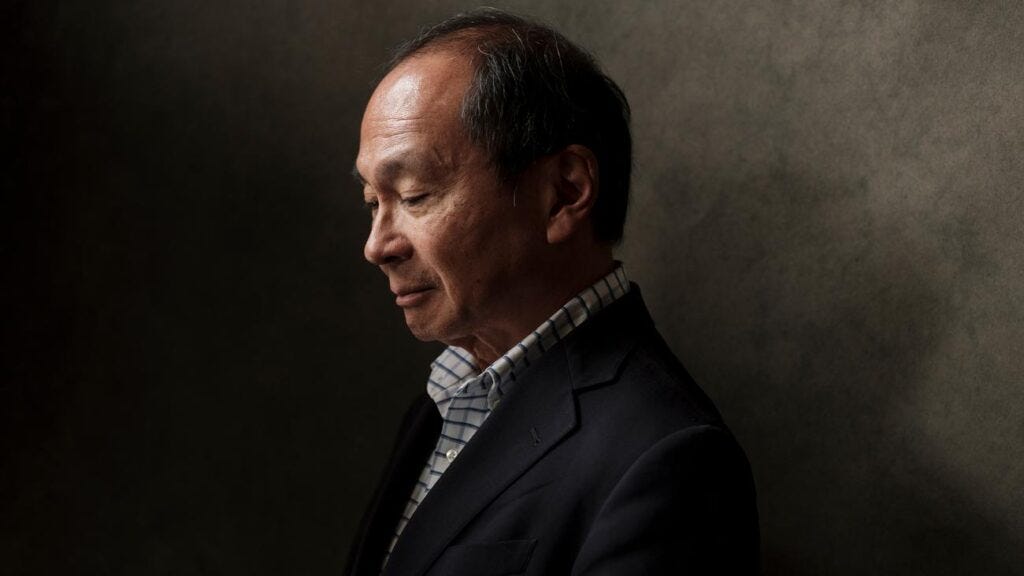Introduction: The End of History
In the opening lines to his 1989 essay, The End of History? Francis Fukuyama reflects on the “flow of events” that had occurred in the 1980s and the late 70s as having left a feeling “that something very fundamental” had happened in the history of the world. For Fukuyama, the decline of the Soviet Union, soon to be symbolised so iconically in the fall of the Berlin Wall, meant that liberal democracy and market capitalism could soon become the “final form of human government,” and “the endpoint of mankind’s ideological evolution.”
For Fukuyama, the twilight of the Cold War signalled something far deeper than geopolitical realignment. Liberal democracy, paired with globalised capitalism, had emerged as being not just victorious, but final. There were, he argued, no longer any viable ideological challengers to the Western system. Communism, left clinging to life in the Soviet Union and China, had lost its moral and material legitimacy. History, then, in the sense of being a dialectical conflict over how society should be organised, was coming to an end, and all that remained now were the global markets, and the reorganisation of the global economy into a more consumer-based model.
And yet, even Fukuyama seemed uneasy with the world he’d glimpsed. “The end of history will be a very sad time,” he admitted. There would be no more daring, no more art or philosophy, just routine, boring and repetitive, handling of “economic calculation…technical problems, environmental concerns, and the satisfaction of sophisticated consumer demands.”
Though Fukuyama’s diagnosis wasn’t wrong in its description of Western triumphalism, it was wrong in its declaration of finality. Mistaking this victory for total dominance, Fukuyama’s declaration, to my mind, was an incomprehensibly foolish one. And though I do speak with the benefit of hindsight, I get a sense that the impending collapse of the Soviet Union had not been recognised by Fukuyama as something else, something very basic, even - that nothing lasts forever.


